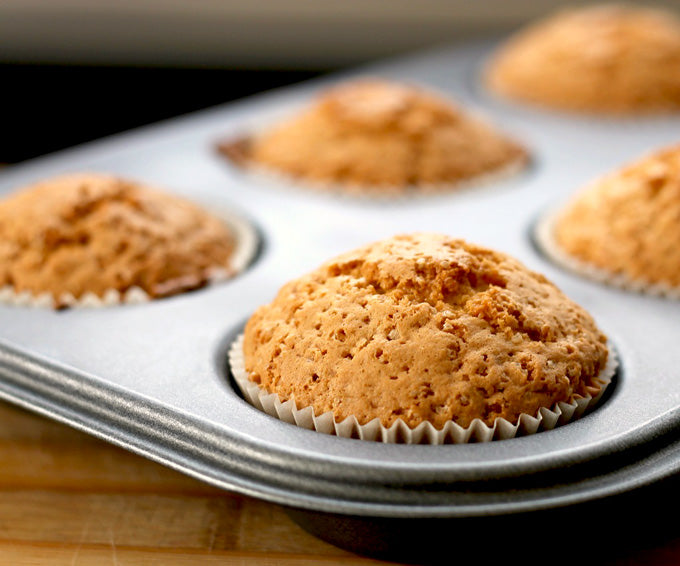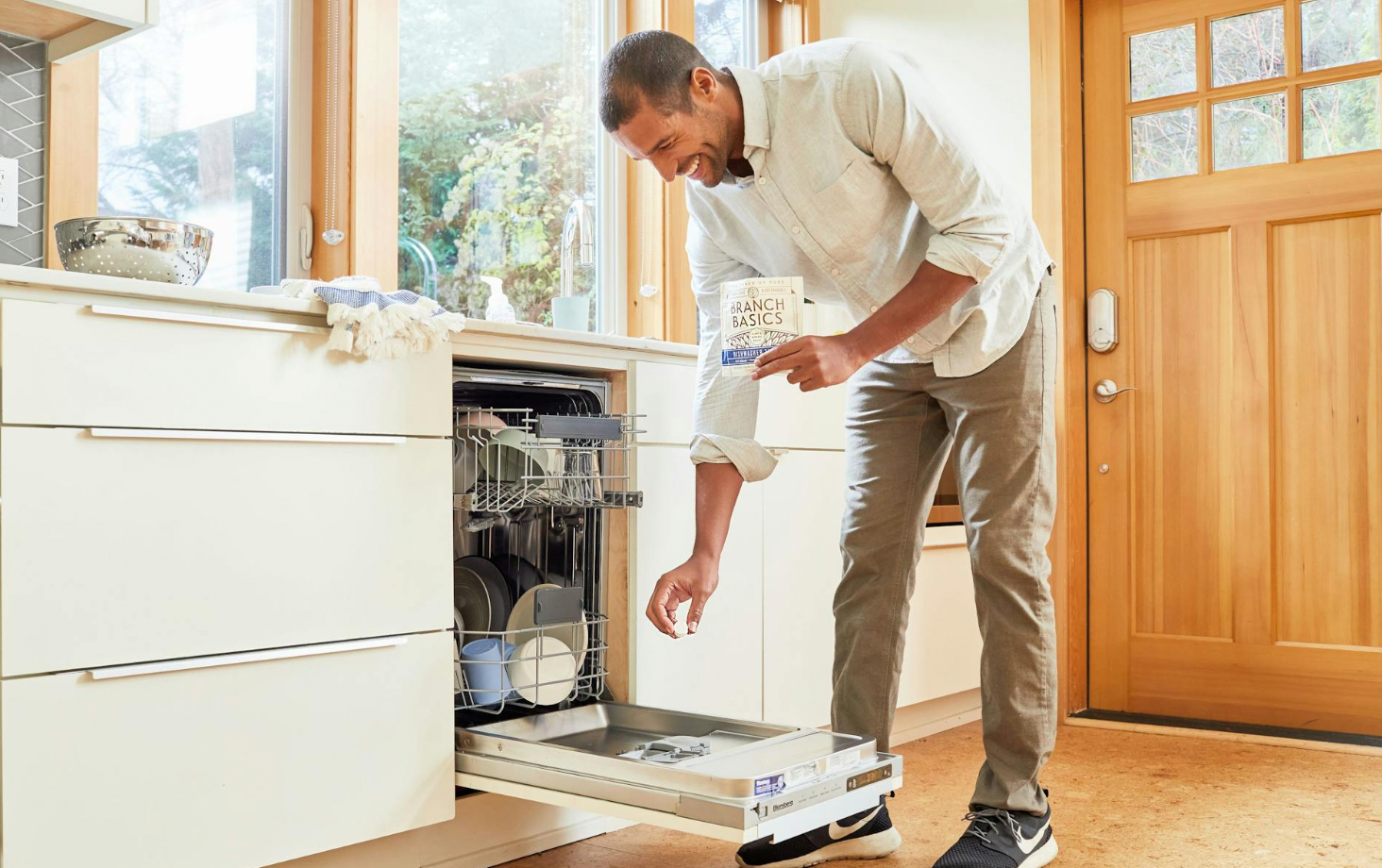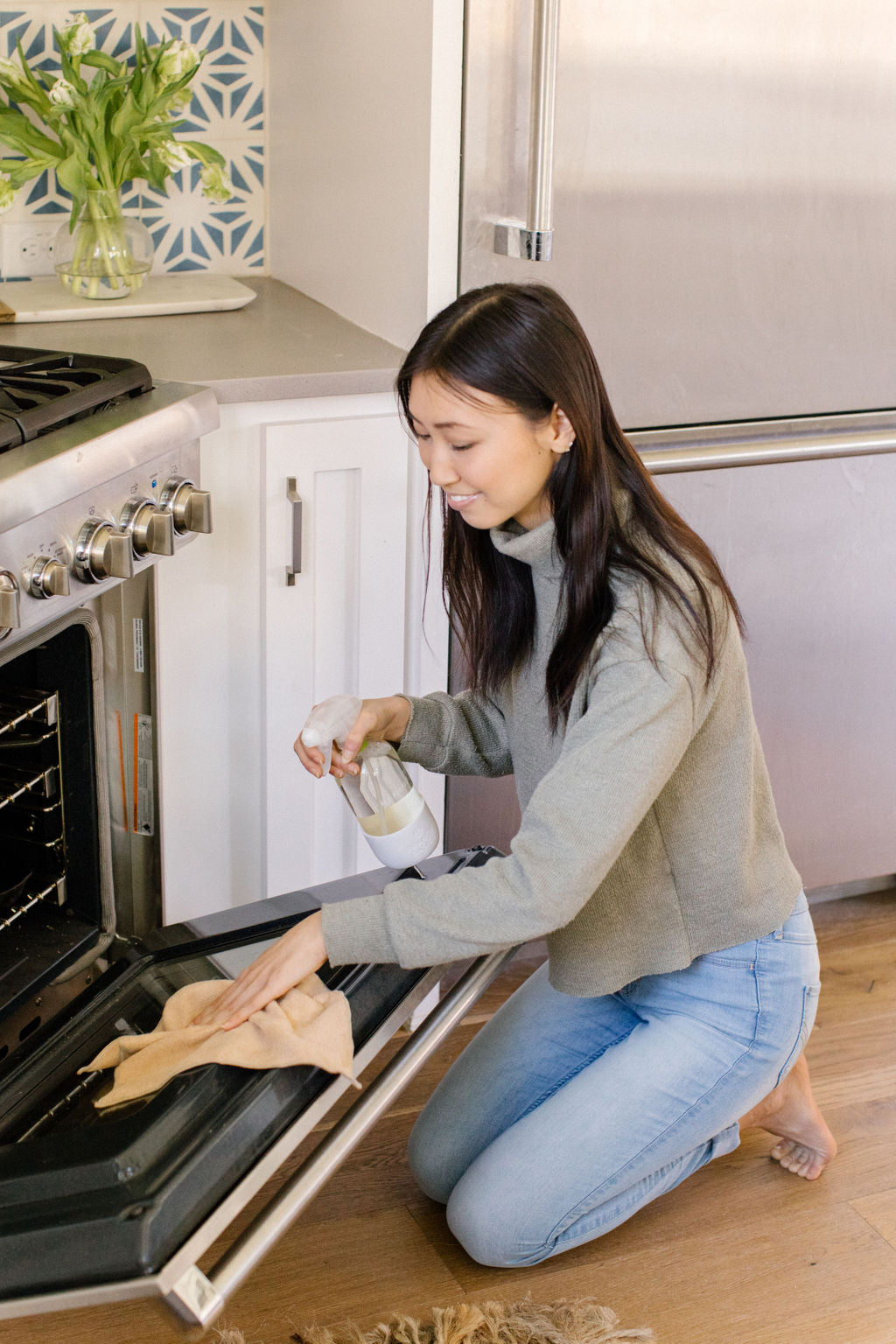Have Nonstick Cookware? What To Do Until You Can Replace It

Harmful To Humans, Deadly To Birds
Avoid Nonstick Cookware
Within a few minutes of being heated on a stove, a nonstick, Teflon pan begins offgassing harmful chemicals.
An example of the hazards of Teflon and other nonstick chemicals is the sudden death of pet birds exposed to heating cookware made with perfluoroalkyl and polyfluoroalkyl substances (PFASs), used to make nonstick pans.
A pet bird can die within seconds of exposure, which demonstrates how strong - and dangerous - these chemicals can be.1
As you cook with these pots and pans, you are breathing in the same harmful chemicals, though not in high enough concentrations to cause immediate harm.
Nonstick Cookware Is The Least Sustainable Option
Unlike the nontoxic cookware options (which can virtually last forever and even become family heirlooms), nonstick pots, pans, and baking sheets are designed using the principles of planned obsolescence.
They are inexpensive to buy and require being frequently replaced as they scratch, warp, or are no longer in style. Because of this, they are the least sustainable option for cookware - they are designed to be tossed and replaced.
To make matters worse, in landfills, Teflon and other nonstick pans release PFASs into the soil and groundwater, contaminating the earth and drinking water.
What To Do With Your Nonstick Cookware Until You Can Replace It
If you have nonstick pots, pans, baking sheets, or other cookware at home, there are some specific techniques you can use to minimize toxic exposure until you are able to replace these pieces with nontoxic versions.
Our suggestions for nontoxic, nonstick alternatives include ceramic, glass, cast iron, and stainless steel.
Step 1: Throw away any damaged pots or pans
Dispose of any nonstick cookware that is chipped, scratched or damaged.
These pieces directly leach chemicals into your food and are no longer able to function the way they were originally designed.
Unlike traditional cookware (ceramic, cast iron, stainless steel, or glass), nonstick cookware was not designed to last forever. If it no longer looks like new, it’s definitely time to part with it.
Step 2: Don’t scratch your nonstick cookware!
When cooking with nonstick pans, never use metal utensils or anything that will scratch their surface.
If you’ve done that already, see Step 1.
When you’re cleaning your cookware, avoid abrasive detergents, scrubs, or steel wool. To clean burned-on food, soak first with soap and water to soften the food, then clean with a soft sponge or scrubber that won’t scratch.
Branch Basics All-Purpose is a cleaning soap gentle enough to be used on nonstick cookware.
Step 3: Cook carefully with nonstick cookware
Avoid preheating nonstick cookware on high heat, since empty pans quickly reach high temperatures.
Instead, heat cookware at the lowest temperature possible to cook food safely.
Never use nonstick cookware in the oven, where the oven elements heat up to high temperatures and increase offgassing in an enclosed space.
In general, avoid heating over 450° F, as this could cause the coating to break down.
Step 4: Use your exhaust fan
We recommend using your exhaust fan every time you cook, no matter what type of cookware you are using.
However, particularly when you are cooking with nonstick pots and pans, always turn on the exhaust fan.
Ensure that the exhaust fan works well and efficiently circulates air to the outside of your house.
Step 5: Avoid “Self-Cleaning” ovens and don’t use that feature if you have one
“Self-cleaning” ovens are lined with nonstick coatings and when heated to “self cleaning high temperatures”, toxic fumes are released.
If you have a self-cleaning option, don’t clean your oven that way. Instead, use a safe, natural method for cleaning your oven.
Step 6: Store your nonstick cookware carefully
The nonstick coating on pots, pans, and baking sheets is easily scratched. If you do stack nonstick cookware, be sure to place a soft, clean rag or paper towel between them to protect the finish.
Make The Switch To Healthy Living With Branch Basics
In addition to switching from nonstick cookware to a safer option, switching from synthetic chemical cleaners to human-safe cleaning is one of the most powerful ways to improve indoor air quality, to create a healthier home.
If you're interested in tossing the toxins and trying Branch Basics, check out our Premium Starter Kits, available in refillable plastic or glass.
Our human-safe, natural, MADE-SAFE, biodegradable, non-GMO, and EWG-verified cleaning line was designed to replace all the cleaning and laundry products with just one Concentrate.
To learn more about what’s in Branch Basics and how it works, see: How To Get Started With Your Branch Basics Kit.

Marilee Nelson
Marilee Nelson is an Environmental Toxins expert who has spent nearly 30 years advocating for the chemically-sensitive and chronically-ill. She is a Board Certified Nutritionist, Certified Bau-Biologist and Bau-Biology Inspector and specializes in Food As Medicine. She has helped thousands of families and individuals identify, heal and recover from toxic exposures and is on a mission to revolutionize the way American families view their health.










